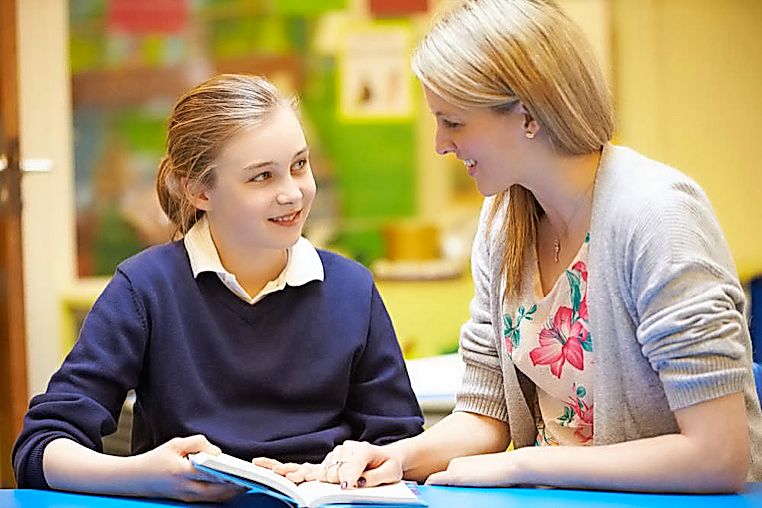It’s no surprise that there’s quite a bit of research, including some done in Melbourne, into how students succeed in their final years of school.
It has shown that students’ study habits and the type and calibre of those who teach them certainly help them to excel.
But research in the past two decades has also revealed that students’ social and emotional well-being is closely linked to them excelling at school.
It has been found that students who feel safe, connected and have good social and emotional skills and resilience are more likely to do well.
Student well-being is not a new idea – especially in Catholic schools, where pastoral care has been part of the school practice curriculum since the schools were established in Melbourne. Pastoral care is part of a Catholic school’s curriculum that supports students and helps them build skills to deal with the pressures of school and life outside it, and to flourish.
Elizabeth Freeman is a senior lecturer and researcher of student well-being at the University of Melbourne.
She says Melbourne’s Catholic schools have a strong commitment to students’ pastoral care.
Catholic schools’ pastoral care is governed by a policy that guides how they care for the “whole” student – their academic and their social and emotional well-being – as well as their safety at school, she says.
“Each school designs its own approach and builds the structures that works for them in their school community,” Elizabeth says.
Structures can include home or tutor groups led by teachers, allowing a stronger connection to be built between the teacher and students – and between students.
It also includes students taking part in extracurricular activities and monitoring their academic progress and well-being.
These approaches can help students overcome a reluctance to talk, and encourage them to seek help from teachers if they need extra support or guidance.
“One of the things kids can find hard to do is help-seeking,” Elizabeth says.
“It’s much easier when the teachers have that connection to them.”
Students can also be taught social and emotional life skills within the curriculum – skills such as building and maintaining friendships, resolving conflict, managing stress, behaving ethically and helping others.
Elizabeth says pastoral care in Catholic schools approaches student well-being from several angles in developmental, preventative and supportive education. Students are taught to develop these life skills, to manage issues where possible and to seek support when it’s needed.
“Ultimately it’s about making sure there is a safe, secure environment for all kids and that they are connected and comfortable at school,” she says.
Elizabeth says while schools play an important role in creating a positive environment for student well-being, it’s teachers who have a major role.
“I think in a school that does it well, every teacher understands they have a role in student well-being,” she says.
“Every teacher can help with kids’ social and emotional well-being.”
Catholic schools have invested in their teachers being knowledgeable about well-being.
Primary and secondary teachers are sponsored to do further study.
“The Catholic system in the past 15 years has sponsored about 1200 teachers to do their master’s of education (student well-being) at the University of Melbourne,” Elizabeth says.
“They’ve put a large investment into it, supporting this professional learning for teachers.”
While the relationships inside schools between students and teachers is paramount to student well-being, it’s also about the partnerships outside schools, with members of the community, including parents and support agencies.
“Catholic schools call it outward facing – to involve people outside the school in what they are trying to achieve for their students,” Elizabeth says.
Catholic Education Melbourne has a well-being and community engagement unit that supports schools, promotes well-being and builds partnerships with families and communities to promote learning.
A statement on the CEM website’s well-being page states: “At the heart of all our endeavours is the student.
“We remain committed to building communities of learning that provide a safe, nurturing and academically stimulating environment for all children.
“Our challenge for the future is to ensure that all students in Catholic schools become successful learners who are able to embrace opportunities that are emerging in the local, national and global communities.
“As partners in Catholic education we must ensure that our students are well prepared to manage their future well-being and contribute to that of others, that their lives remain faith-filled and guided by purpose.”








